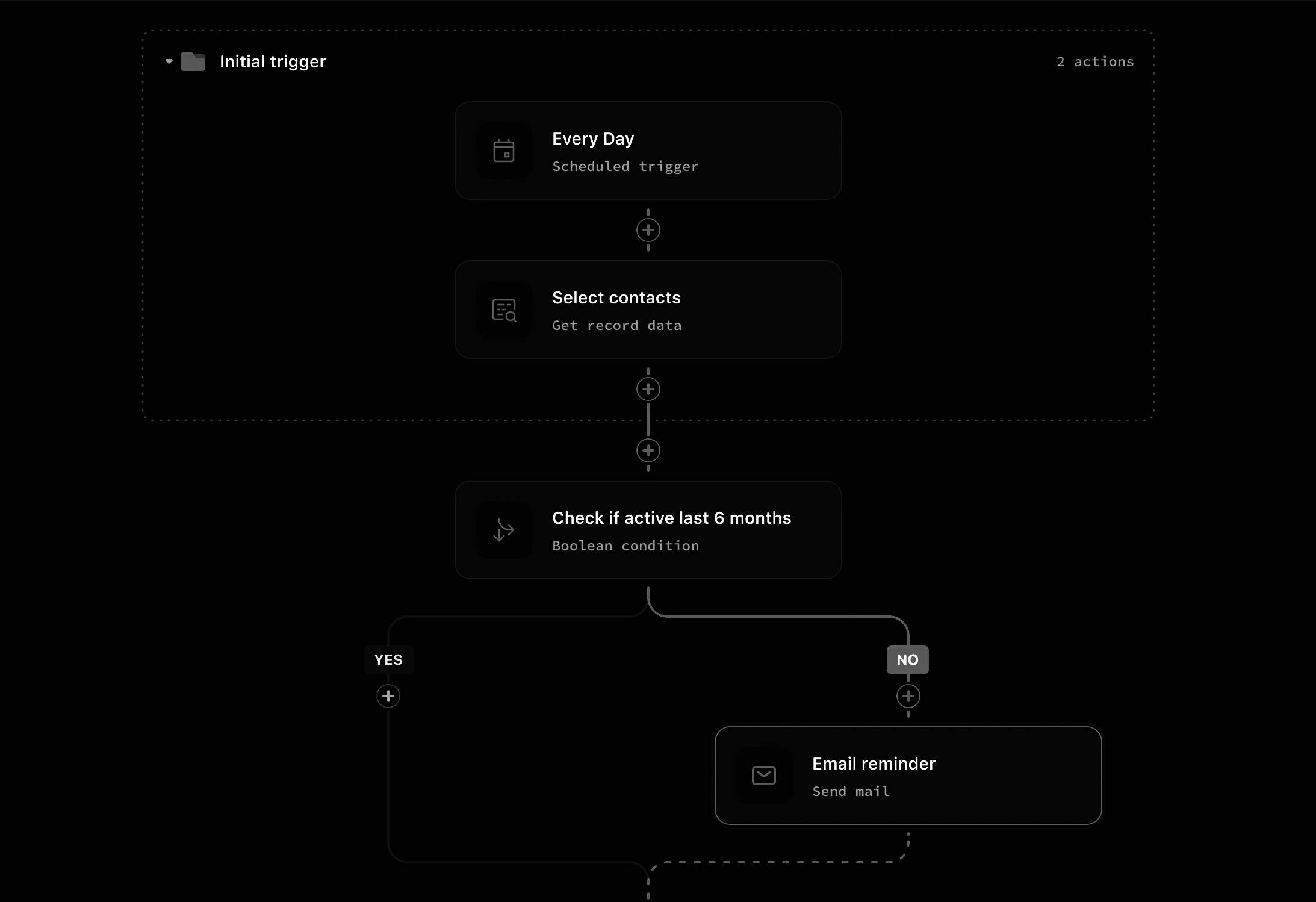In recent years, the education sector has undergone significant transformations due to the increasing integration of technology. Among these transformations, AI-driven exam monitoring has emerged as a critical solution to enhancing educational integrity in an era characterized by remote learning and digital assessments. This article explores the significance of AI in exam monitoring, delves into trends surrounding AI emotional intelligence, and examines how AI contributes to hybrid cloud automation in educational settings.
AI-driven exam monitoring employs advanced algorithms and machine learning techniques to scrutinize student behavior during assessments, ensuring that academic integrity is preserved. The traditional methods of proctoring have often proved ineffective, especially in remote learning environments. AI-driven solutions leverage cameras and microphones to monitor test-takers, analyzing their actions for any suspicious behavior indicative of cheating. This proactive approach not only deters dishonest practices but also fosters a fair testing environment for all participants.
The rise of AI-driven exam monitoring tools has been accelerated by technological advancements and the widespread adoption of online learning platforms. As educational institutions rush to implement digital assessments, the need for effective proctoring solutions has never been more pressing. Features such as facial recognition, eye tracking, and keystroke analysis are integral components of these AI systems, enabling educators to enforce exam integrity without being overly invasive. The outcomes have been promising, with reports indicating that institutions utilizing AI monitoring have seen a decrease in cheating incidents.
However, implementing AI-driven exam monitoring entails a few challenges. Concerns about privacy and data security are paramount, as students are wary of how their personal information might be used. Educational institutions must remain vigilant in ensuring compliance with privacy regulations and must develop transparent policies on data usage. Building student trust is essential for the successful adoption of AI monitoring solutions.
Despite these challenges, AI’s potential extends beyond just exam monitoring. Emotional intelligence is increasingly recognized as a critical skill necessary for success in both educational and professional settings. AI emotional intelligence focuses on the development of systems that understand and respond to human emotions. By integrating emotional intelligence into educational tools, educators can create more personalized and engaging learning experiences.
AI-driven platforms equipped with emotional intelligence capabilities enable real-time monitoring of student engagement and sentiment. These systems can analyze facial expressions, voice tones, and even typing patterns to assess students’ emotional states during assessments or learning activities. By identifying signs of stress, disengagement, or frustration, educators can intervene proactively, offering support or adjusting instructional methods to cater to students’ emotional needs.
Moreover, the application of AI emotional intelligence can lead to more tailored learning experiences. For instance, if a student demonstrates signs of confusion on a particular topic, the system can recommend additional resources or suggest a one-on-one conversation with a teacher. This level of personalization helps to foster a supportive educational environment where students feel empowered to succeed.
As educational institutions continue to adopt hybrid learning models, the significance of hybrid cloud automation cannot be overlooked. AI plays a pivotal role in optimizing cloud operations, particularly in managing the complexities associated with hybrid learning environments. By automating processes such as resource allocation, system scaling, and data management, institutions can enhance operational efficiency while minimizing overhead costs.
AI for hybrid cloud automation allows educational institutions to effectively manage both on-premise and cloud resources, providing teachers and students with seamless access to educational materials, tools, and platforms. Cloud-based solutions offer scalability that accommodates fluctuating user demands, essential for managing peak usage periods, such as exam weeks or enrollment periods. By automating these processes, institutions can focus on delivering high-quality educational experiences rather than becoming bogged down in IT challenges.
The integration of AI into hybrid cloud automation extends beyond logistics. It facilitates innovation and fosters collaborative initiatives across departments. With intuitive AI systems in place, administrative and academic staff can work together more efficiently, leveraging data-driven insights to enhance curriculum development and improve student outcomes.
In terms of industry applications, AI-driven exam monitoring, emotional intelligence, and hybrid cloud automation converge to create a holistic educational experience. The combination of these technologies enhances both student engagement and operational efficiency. For instance, a cloud-based learning management system that employs AI monitoring and emotional intelligence can track student performance while also responding to their emotional states, creating a dynamic educational ecosystem.
As universities and educational institutions adopt these intertwined technologies, they create an environment where academic integrity, emotional support, and efficient resource management coexist. This synergy encourages a culture of learning that is resilient in the face of challenges posed by the evolving educational landscape.
Educational leaders and policymakers must be cognizant of the trends surrounding AI in these domains. As advancements in AI-driven technologies continue to evolve, ongoing investment in infrastructure, training, and ethical considerations will be essential to harnessing their full potential. The careful implementation of AI solutions must take into account the diverse needs of students and faculty while ensuring security, privacy, and equity remain top priorities.
In conclusion, AI-driven exam monitoring is revolutionizing the educational landscape by enhancing integrity and supporting evolving assessment methods. Coupled with AI emotional intelligence and hybrid cloud automation, these technologies provide educational institutions with innovative tools to address contemporary challenges. As we move toward a future characterized by increasingly integrated technological solutions, the need for continued exploration, adaptation, and ethical considerations regarding AI in education will remain critical. By fostering a synergistic relationship between technology and education, we can empower learners to thrive in an increasingly complex world.
**The intersection of educational integrity, emotional support, and automation promises a transformative future for the educational landscape, creating an environment where students can learn, grow, and succeed.**
